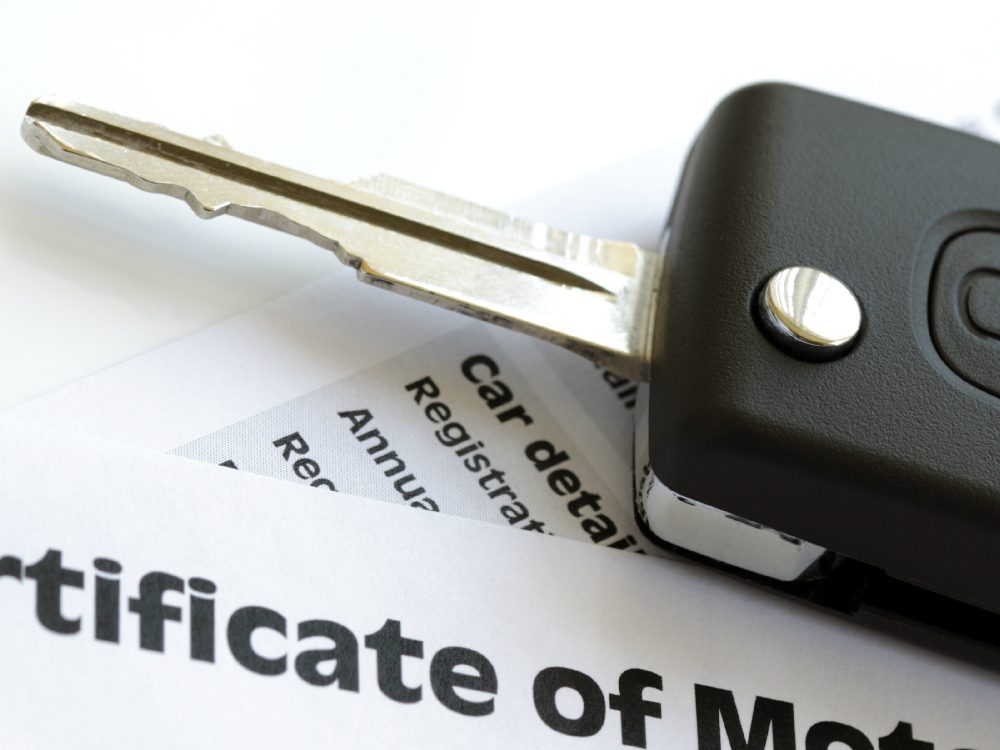
Considering Investing in a Sports Car?
Many people dream of owning a high-performance sports car, but there’s more than the initial sticker price to consider. Not only are the costs of running and maintaining a sports car over the long-term prohibitively expensive, but there’s also the insurance premiums to think about. Fortunately, there are plenty of more financially-friendly options available for first-time buyers seeking to make motoring that bit more enjoyable. Here are four tips to help you make the right investment.

1. Buy a Car that Suits Your Lifestyle
Buying a sports car is a significant financial commitment, so it’s important to imagine what your needs will be not just a year from now, but in the long-term as well. For a start, a sports car is not going to be very suitable for everyday errands, such as running the kids to school or going grocery shopping, particularly when you factor in the cruel Canadian winter.
Although four-seater sports coupes and sedans exist, they’re still much smaller than their everyday motoring counterparts, making them less than ideal if you’re regularly transporting more than two people, particularly on longer road trips.
How well do you know your classic cars? Take our trivia challenge!

2. Check Insurance Options for a Sports Car
Insuring any car with a powerful engine is always going to be costly, and many first-time buyers make the mistake of buying a sports car only to find that they can’t find an insurer willing to charge a reasonable premium. Others find themselves unable to get insurance at all, leaving them with a car they can’t drive.
As a general rule, the larger the engine, the higher the insurance premiums. If you’re an experienced driver with a good track record who has already been on the road for quite some years, your chances of finding an insurer will be much greater.

3. Choose Between Front- and Rear-Wheel Drive
Driving a sports car is a very different experience to driving a normal vehicle, especially since most of them are rear-wheel drive. Rear-wheel drive allows for sharper steering and handling as well as improved performance-but learning not to oversteer will take some getting used to.
If you want a vehicle that you can use comfortably, complete with familiar handling, then there are other options available. For example, the famous Porsche 911s are all four-wheel drives.

4. Decide on a Type of Sports Car
Your lifestyle and personal preferences will help determine the type of sports car you want. For those who want to use the vehicle for everyday driving and can afford the higher maintenance and running costs, a sports sedan, such as the BMW M5, Subaru WRX or Chevrolet SS might be a better option.
Most sports cars come in the form of coupes or roadsters. Two-door coupes often still have four seats, but they’re not very practical for everyday driving. Among the most popular sports coupes are the iconic Ford Mustang and the Chevrolet Corvette. While two-seat convertible roadsters can be great fun to drive, they’re not really suitable for year-round use or everyday driving.
Check out more car maintenance tips!